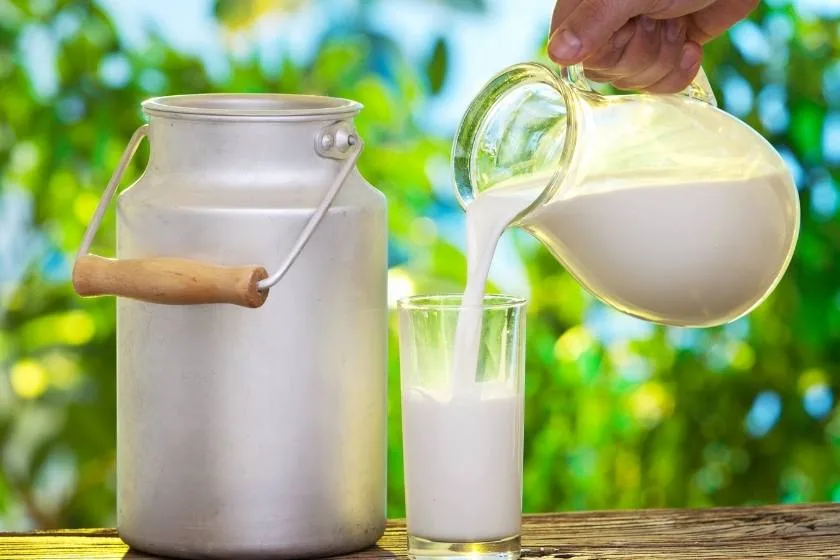Milk is one of the cornerstones of human nutrition and offers different alternatives for everyone with its varieties from different sources. In this article, we will look at both animal and vegetable milk types and examine their benefits and potential harms.
What Is Milk?
Milk is a liquid produced by mammals to feed their young. Milk, which is an important food source for humans, contains essential nutrients such as protein, calcium and vitamin B12. Milk can be consumed directly or used in the production of cheese, yoghurt and other dairy products.
Animal Milk Types
Cow Milk
- Benefits: Supports bone health with high protein, calcium and vitamin B content.
- Hazards: It may cause digestive problems for individuals with lactose intolerance. It may also cause allergic reactions in some people.
Goat Milk
- Benefits: It is more easily digested than cow’s milk and attracts attention with its rich mineral content.
- Hazards: Goat milk proteins may cause allergic reactions in some people.
Sheep Milk
- Benefits: It contains high levels of calcium and fat, so it has energising properties.
- Hazards: High fat and cholesterol content can lead to some health problems.
Buffalo Milk
- Benefits: It is nutritious with its rich protein and mineral content.
- Harm: Since it is high in calories and fat, excessive consumption may cause weight gain.
Vegetable Milk Types
Soya Milk
- Benefits: It attracts attention with its high protein content and cholesterol-free. It is a good alternative for vegans.
- Hazards: Not suitable for individuals with soya allergy.
Almond Milk
- Benefits: It helps weight control with its low calorie content. It is rich in vitamin E.
- Hazards: Protein content is not as high as animal milk.
Oat Milk
- Benefits: It is beneficial for the digestive system with its high fibre content. It has properties that support heart health.
- Hazards: May not be suitable for individuals with gluten intolerance.
Coconut Milk
- Benefits: It has a high electrolyte content and is a natural source of hydration.
- Disadvantages: High fat content may increase calorie intake.
Milk is an essential part of our diet and milk from various sources offers different nutritional values and health benefits. Animal milks are generally high in protein and calcium, while vegetable milks are characterised by their low calorie and cholesterol content. However, since the nutritional needs and health status of each individual are different, the choice of milk should be based on personal preferences and health needs. When including milk and dairy products in your diet, giving importance to diversity and balanced consumption is an important step towards a healthy life.









